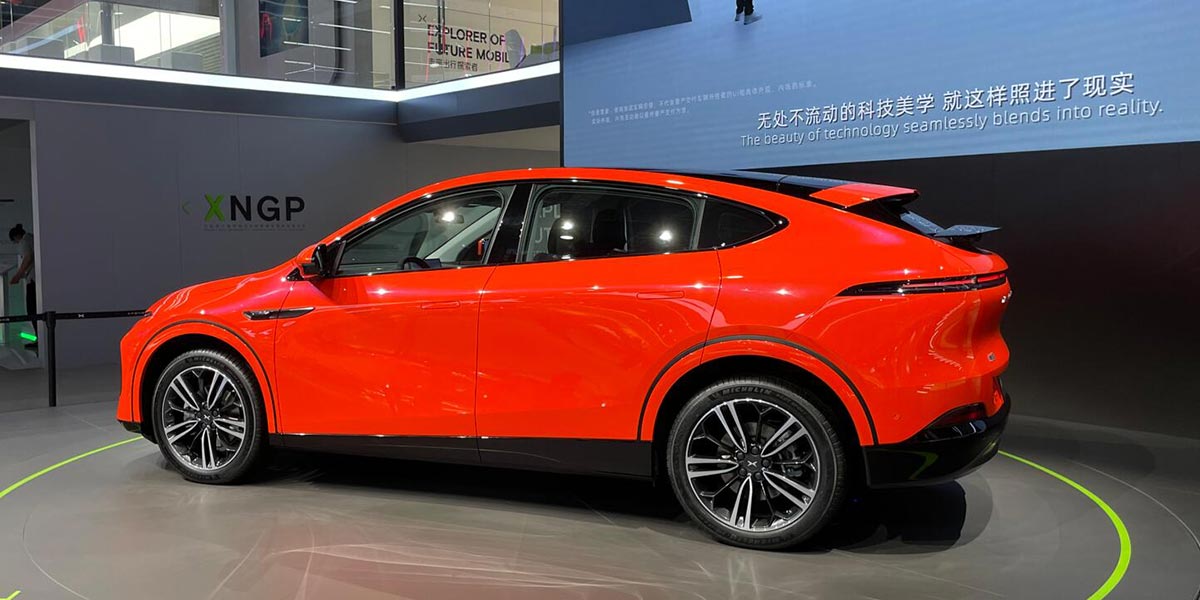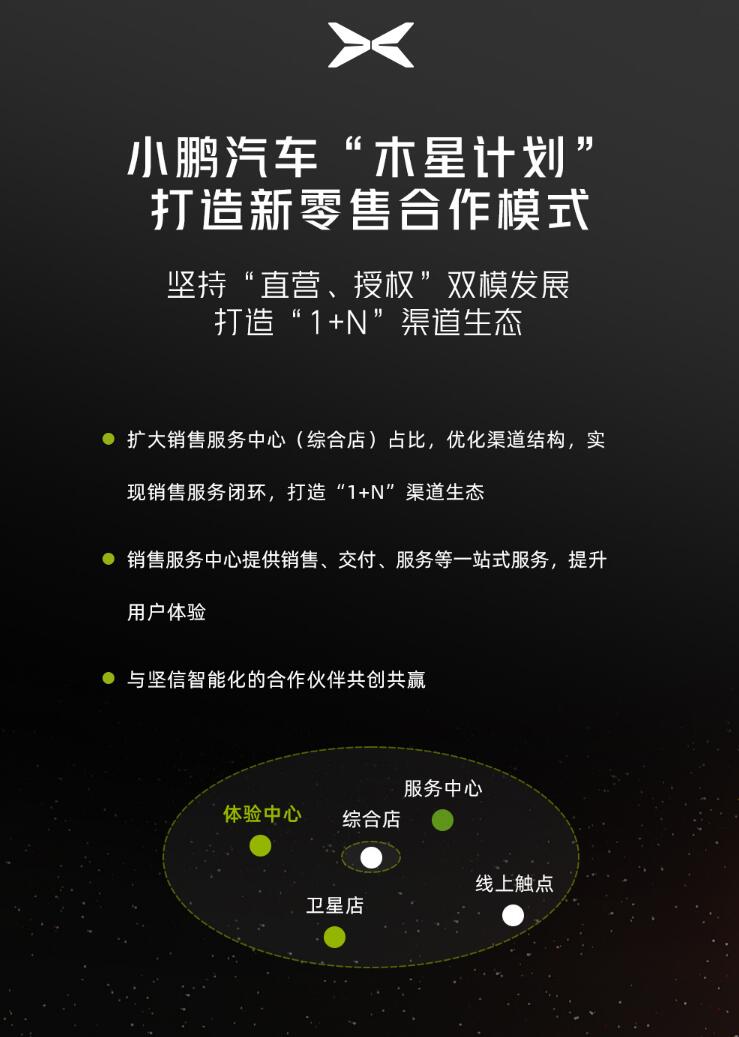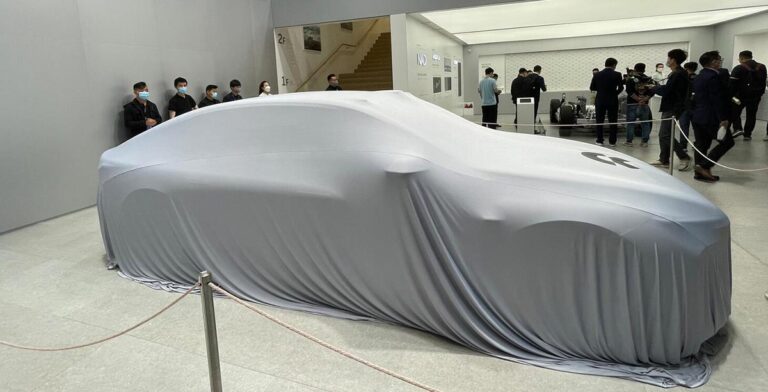Xpeng said it has received more than 1,200 applications to join its sales system since the launch of the Jupiter Project.
(Image credit: CnEVPost)
Xpeng (NYSE: XPEV) confirmed that it is recruiting dealers under the Jupiter Project, after the program was revealed in the media last month.
Since the launch of the Jupiter Project, Xpeng has received more than 1,200 applications to join its sales system, the Chinese electric vehicle (EV) maker announced on Weibo today.
Xpeng did not disclose when it launched the program. On September 14, local media outlet LatePost reported that the EV maker launched the Jupiter Project at a dealer conference on September 2, hoping to lure large dealer groups into its sales system.
Jupiter is the planet with the strongest gravity and most moons in the solar system, LatePost's previous report noted.
Xpeng received applications from dealers in 230 cities, 34 percent of which came from dealers ranked in the top 100 in China, the company said today.
In August and September, Xpeng completed approvals for 107 franchise stores, the company said.
Xpeng's sales system will include both directly-managed stores and authorized dealerships, and the company will base its "1+N" sales channel on that model, it said.
Xpeng requires dealership stores to be located in mainstream automotive shopping districts with an area of no less than 1,000 square meters and showrooms with an area of no less than 300 square meters, according to one of several posters it released today.
Preference will be given to dealers with registered capital of more than RMB 10 million, annual revenue of more than RMB 100 million from the automotive business, and a gearing ratio of less than 70 percent.
Xpeng adopted a direct sales model at its inception, with its earliest 20 stores being directly operated.
In April 2019, a month after the company's first production vehicle, the G3, was delivered, it announced at the Shanghai auto show that it was opening up for dealers and service providers to join.
Since then, Xpeng's sales system has consisted of both directly-managed stores and dealer stores. Xpeng's model of cooperation with dealers is based on order-based sales, with no inventory at dealers and uniform retail prices.
As of June 30, Xpeng's sales network had 411 stores, the company said in its second-quarter earnings announcement on August 18, without disclosing a breakdown of directly-managed stores and dealer stores.
On September 11, another local media outlet, Jiemian, reported that Xpeng was phasing out inefficient directly-managed stores and expanding the number of dealer stores.
Xpeng's local counterpart Nio (NYSE: NIO) is said to be introducing a dealer model for its mass-market-focused sub-brand Apls in a bid to achieve greater volumes.
Nio approached a leading local dealer group in the first half of this year to do some trials of introducing a dealer model for Alps, LatePost reported on September 14.
Nio plans to hand over Alps' after-sales service, delivery centers to the dealer group, but the sub-brand's stores in malls will remain directly managed, the report said, citing a person familiar with the matter.


